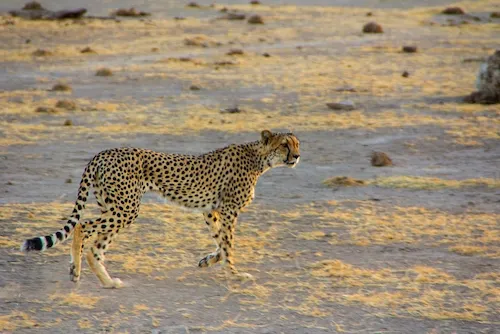The animal kingdom is replete with species that possess lethal attributes, be it through venom, strength, speed, or cunning. Some of these creatures have garnered attention for the direct threat they pose to humans, while others are notorious for the mayhem they can cause within their ecosystems.

In the realm of sheer lethality to humans, mosquitoes stand out. Though tiny and often dismissed as mere annoyances, they are responsible for transmitting diseases like malaria, dengue, and Zika. Their bite has been indirectly linked to hundreds of thousands of deaths annually, making them a silent assassin in the ranks of deadly creatures. Equally deceptive in their menace are certain snakes, especially in regions like Asia and Africa. A single bite from some of these reptiles can deliver toxins potent enough to result in paralysis, organ failure, or death.
The aquatic world also houses its share of lethal inhabitants. The box jellyfish, with its translucent and delicate tentacles, contains a venom that can rapidly induce cardiovascular collapse in those unlucky enough to come into contact. Then there's the saltwater crocodile, an apex predator with an unparalleled ambush technique, known to drag its prey underwater in a deathly grip. Its reputation for unpredictability and aggression makes it a formidable presence in its habitats. The great white shark, roaming the vast oceans, has, on occasion, been responsible for fatal attacks, solidifying its place in the lore of deadly marine creatures.
Yet, lethality isn't always about direct confrontation. Some animals disrupt ecosystems in ways that result in cascading fatalities. Feral cats, for instance, have decimated local populations of birds and small mammals in areas they've colonized. The cane toad, introduced in Australia, releases toxins that have killed countless native predators. Such ecological upheavals remind us that lethality can manifest in various forms, sometimes with ramifications broader than a direct bite or sting.


